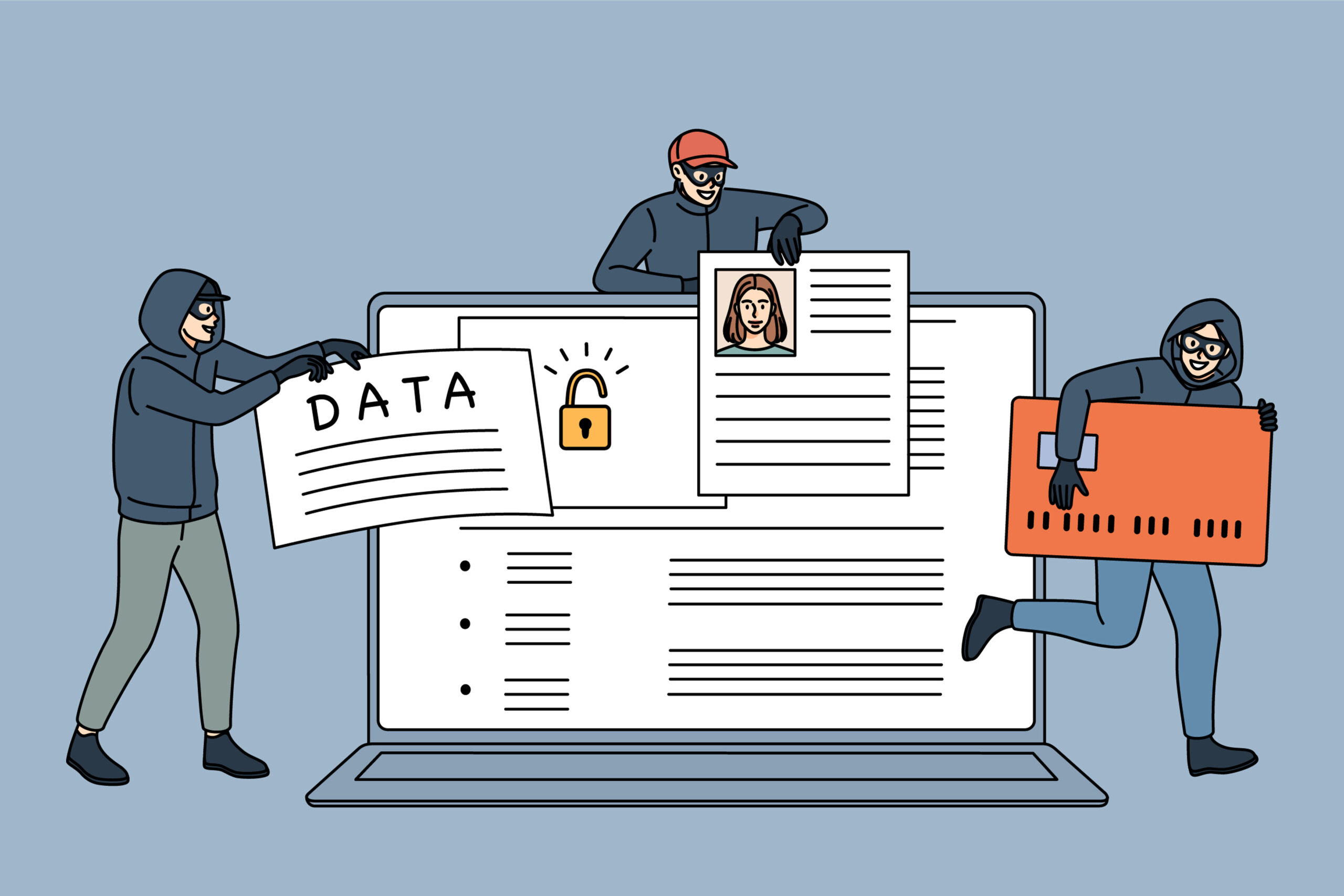Instant online access has become our default setting. With a few taps on a screen, we can book a workout class, pay bills or check our investment accounts—all without a second thought. The digital revolution has streamlined our lives in ways we couldn’t have imagined. But there’s an unfortunate side effect: Every interaction leaves a trail of personal data scattered across businesses, employers, social media platforms and government databases.
You can be sure these folks are doing all they can to protect your data—after all, it’s not a good look to lose control of user information. But you can also bet that cyberattackers are always looking for a way in; and they find one more often than we’d like.
Unfortunately, the data here is a little bit grim. In 2024, there were about 1.3 billion notices sent to consumers stemming from more than 3,000 cyberattacks on companies.
Here’s the rub: When stolen, your most sensitive data, including your Social Security number and banking details, can be used to rack up charges on your credit card, siphon funds from your financial accounts or open fraudulent accounts in your name. It can take a lot of time and effort to repair the damage—and there’s no guarantee that you won’t be left holding the bag.
What can you do to shield yourself from identity theft? Consider a credit freeze as an added layer of protection.
What Is a Credit Freeze?
When you freeze your credit, you stop lenders from accessing your credit report. Without this access they won’t extend credit, stopping would-be identity thieves from opening fraudulent accounts in your name.
Anyone can freeze their credit at any time. It’s free; you don’t have to wait for your personal information to be compromised and it won’t affect your credit score.
In fact, there’s little reason not to do it, except that the process can require a bit of legwork. You’ll have to contact each of the three main credit reporting bureaus—Experian, TransUnion and Equifax—online or by phone, separately, to request a freeze. (Note, some of the credit bureaus bury their free credit freeze services because they also offer pricey credit monitoring services. It’s worth it to spend the time finding the free versions.)
Here’s the information you’ll need:
- Equifax: Visit their website or call 1-800-349-9960.
- Experian: Visit their website of call 1-888-397-3742.
- TransUnion: Visit their website or call 1-800-916-8800.
Your credit freeze will remain in place until you lift it. Each bureau will give you a PIN or a password that allows you to do so. Keep this in a safe place.
If you want to apply for credit, such as a new credit card, a car loan or a mortgage, you’ll have to contact each one of the bureaus again to lift the freeze. However, if you’re able to find out which of the credit bureaus your potential lender uses, you can save a bit of time and contact just that bureau.
What If Your Information Has Been Compromised?
If you know or suspect that your personal information has been compromised, you may also want to place a fraud alert on your account. To do so, you only need to contact one of the credit reporting bureaus, which will then tell the other two to also place an alert on your file.
There are three types to choose from. Initial fraud and active-duty alerts last for one year during which businesses must contact you to confirm your identity before opening a new account in your name. If you know your information has been stolen and you’ve filed a police report or an FTC identity theft report at IdentityTheft.gov, you can place an extended fraud alert on your account. These alerts last for seven years, at which point you have the chance to renew it.
Is a Credit Freeze Right for You?
There’s little downside to freezing your credit, and a lot of potential upside. In other words, an ounce of prevention is worth a pound of cure. When fraudulent accounts are opened in your name, you might face financial losses and a long and involved process as you file reports, dispute fraud and work to repair your credit score. Avoiding this process may be well worth the small trouble of contacting the credit bureaus when you want to apply for credit.
Any other questions about keeping your money safe? We’re happy to help, so reach out and let’s talk.



